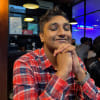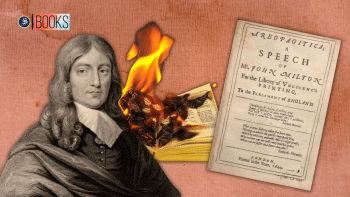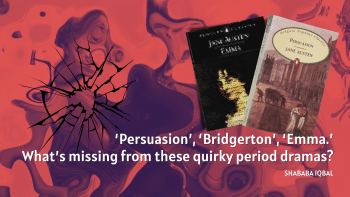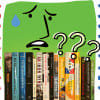How I learned to tackle big books

"I finished re-reading The Brothers Karamazov in 6 days," I remarked with a false sense of vanity.
While my colleagues at the Daily Star Books were surprised to see me write a thought-piece on Dostoevsky after finishing both Crime and Punishment and The Brothers Karamazov in a span of 11 days, it is a pretty common feat for me to read long books in a small span of time.
My reading ambitions began from a very early age. Being the son of a primary school language teacher, I was acquainted with the various literary figures and their works as soon as I could read full sentences. As a matter of fact, one of the first books I read was an unabridged version of Jules Verne's 20,000 Leagues Under the Sea back when I was in kindergarten. In my household, the act of reading was not a hobby you developed, it was something sacred—a ritualistic exploration of knowledge.
Therefore, books soon became an integral part of my life—from the comfort provided by the Puffin classic edition of Rudyard Kipling's Kim to the thrilling suspense provided in the old copies of The Hardy Boys I would scavenge from the second hand bookstores in Paltan.
But, I think the biggest reading challenge I ever took was back in the seventh grade, when my interest in theology had peaked and I decided to read The Bible to explore different religious viewpoints. It took me more than a month to finally finish reading the book as the dense and tedious literature was full of complex analogies which had to be deciphered, as well as a lot of classical references which had to be understood.
After I was finally done reading it, no book seemed challenging to me. My interest in classical literature and philosophical texts increased, and I found myself reading other big classical texts with a decent reading speed. Soon, it took me less than 4 days to finish reading Dante's Inferno.
Nowadays, the pressure from A Levels has made it difficult for me to read books as my busy schedule does not allow me to sit with a particular book multiple times. However, I have come to realise that one way to avoid this problem is to read bigger books at very long stretches over multiple days.
This means that if I am planning to read a particular book, I will keep my schedule free for the next three, four or five days (depending on the size of the book), just so that I can read the book throughout those days. This allows me to read for long hours without breaking my attention span, as it is often difficult to bring yourself back into the reading spree if I am not engrossed enough.
Therefore, what allows me to read big books in a very short amount of time is devoting my entire time to finishing the book while halting other tasks. To be fair, this is indeed a risky business as one might have other important personal or professional commitments which they might end up avoiding due to them being very engrossed in a particular book. It is often easy to get lost in the intricacies of Plato's cave or the drama of Pride and Prejudice.
Reflecting upon my experiences, I think it is safe to say that some of the biggest books I have read have impacted my thought-processes the most. While it may seem intimidating and daunting, the key is to read books which you will genuinely enjoy reading, whether it is The Lord of the Rings or The Idiot.
Hrishik Roy is an intern at Daily Star Books and a contributor at SHOUT. Reach out to him at [email protected].

 For all latest news, follow The Daily Star's Google News channel.
For all latest news, follow The Daily Star's Google News channel. 









Comments